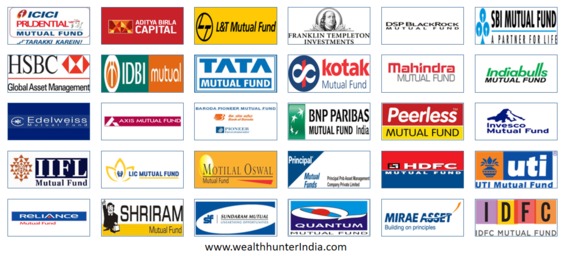1) Identifying Goals and Risk Tolerance
Before investing in any fund, the investor must be crystal clear what his long-term goal and short-term goals are and in how much time horizon he/she plans to achieve it. Also, the risk-taking ability of the particular investor must also be taken into account.
2) Fund Type
It basically depends on whether an investor wants to invest money for a long-term need and if he can handle a fair amount of risk and volatility too then he/she can go for an equity fund, but if he wants to invest for a short period, then debt funds would be better suited.
3) Performance Ranking
You must find out the quarterly ranking which will show how the fund has formed quarter on quarter basis among its peer group. So one may select the scheme which has remained in top quarterly most of the time and one can find these rankings from the fact sheets of various AMC’s and also on some mutual fund research websites.
4) Charges and Fees
The investor must take a note of all fees and charges being levied for by the fund managers for providing their service. One can look for management expense ratio. It is simply the total percentage of fund assets that are being charged to cover fund expenses. The higher the ratio, the lower would be the investors return and vice-versa.
5) Evaluating Managers Past Performance
Investors should research about funds past results and seek answers to questions such as:-
1) Did the fund manager deliver results which were consistent with general market returns?
2) Did the returns vary dramatically throughout the year?
It will help an investor in knowing how a fund manager performs under critical situations and what historically has been the trend in terms of turnover and return.













